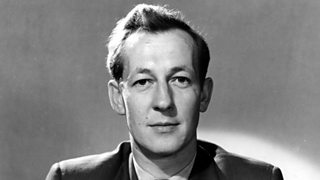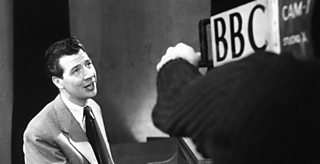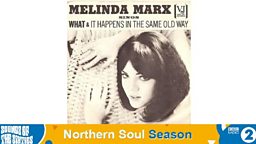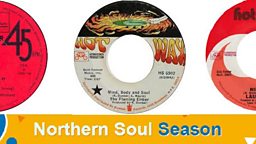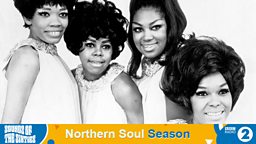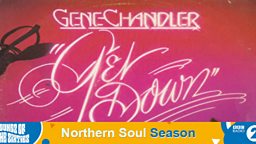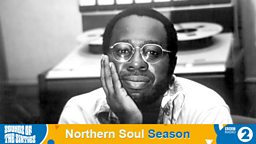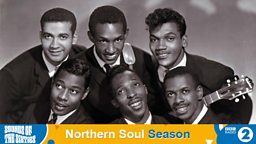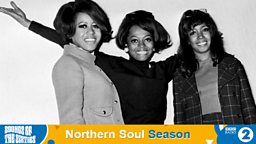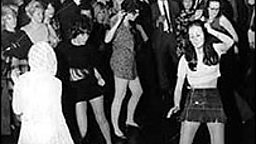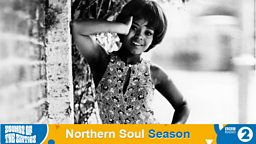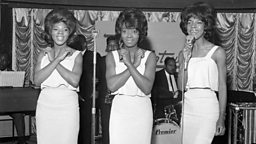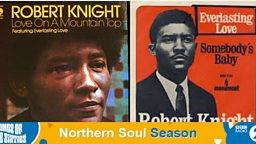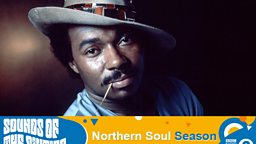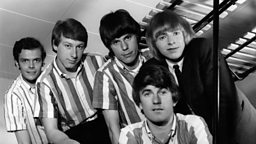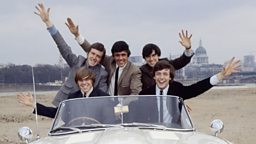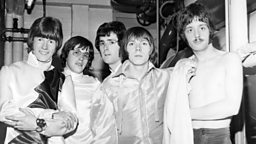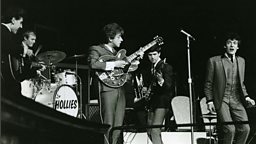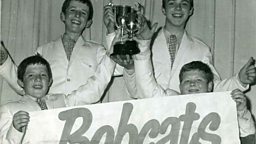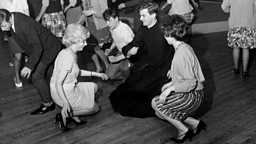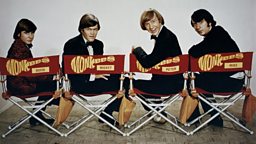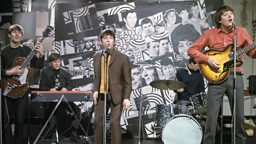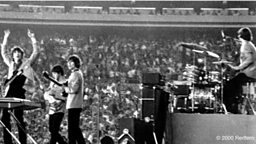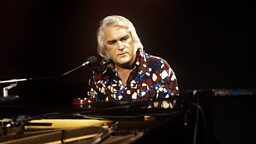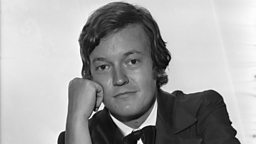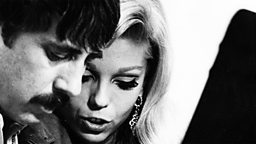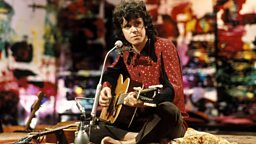Sam Cooke
Bob Stanley profiles the King of Soul
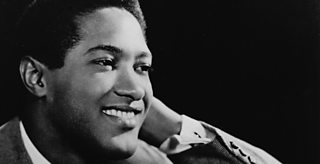
He was one of the first people into the ring to congratulate Cassius Clay after he defeated Sonny Liston.
The first time I'd have come across 's music would have been through the slightly unlikely conduits of and : Cat covered 'Another Saturday Night' in 1974, and his version went to no.19; Rod, who has always claimed Cooke as one of his primary influences, recorded 'Twistin' The Night Away' for his 1972 album 'Never A Dull Moment’.
'Twistin' had been Sam Cooke's biggest UK hit of the sixties, reaching no.6 in 1962. It was much easier to imagine the handsome fella keeping company with the "older queen, who's dolled up in her diamond rings" rather than as the moping singleton of 'Another Saturday Night'. The young thought Sam was so good looking that she used to dress up in her best clothes whenever he appeared on TV.
Originally, Cooke was a gospel singer, joining the Soul Stirrers in 1950 when he was just 19. His switch to secular pop in 1957 was a big risk - he'd have been regarded as selling out to commercialism - but was paid back almost immediately when 'You Send Me' was an American number one. The church's loss was our gain. His mellifluous style became one of the cornerstones of soul, and much imitated - just listen to 'Sad Mood', or his atmospheric version of 's 'Summertime'. He could also be flirtatious (he's just kidding us on 'Another Saturday Night', right?) and, like , sounded so casual that he could have been making the songs up as he went along. Cooke was also a singer-songwriter before the term was used, and even ran his own record label, SAR. Highly respected in the black community, he was one of the first people into the ring to congratulate Cassius Clay after he defeated Sonny Liston.
Sam Cooke had an impressive thirty American Top 40 hits between 1957 and 1964, then a further three after his death, including the civil rights anthem 'A Change Is Gonna Come'. His tally in Britain was less impressive, hindered by covers like Craig Douglas's version of Cooke's 'Only Sixteen' (co-written with and Lou Adler under the curious pseudonym Barbara Campbell!), a number one in 1959. But then the singing milkman was much easier to access for British magazines, radio and TV - Sam Cooke sadly never made it over to Britain.
I'm especially fond of Cooke's habit of mentioning contemporary hits in his own songs: 'Everybody Loves To Cha Cha Cha' mentions 'Tom Dooley' and 'Tea For Two', while 1962's 'Having A Party namedrops the somewhat cooler 'Soul Twist' (King Curtis), 'I Know' (Barbara George) and 'Mashed Potatoes' (Nat Kendrick), all great records.
(Wonderful World) and (Cupid) both had Top 10 hits with Sam Cooke songs later in the sixties, but it is one of the great pop tragedies that we never got to hear anything from the man himself. He was shot dead in rather sordid circumstances on December 10th 1964; 'That's Where It's At', 'Bring It On ��ѿ��ý To Me' and 'A Change Is Gonna Come’ - all recorded in the year of his death - suggest Sam Cooke's career was yet to peak.
-
![]()
Find out all about Brian's big break at the ��ѿ��ý
-
![]()
Discover more about the songs of the era
